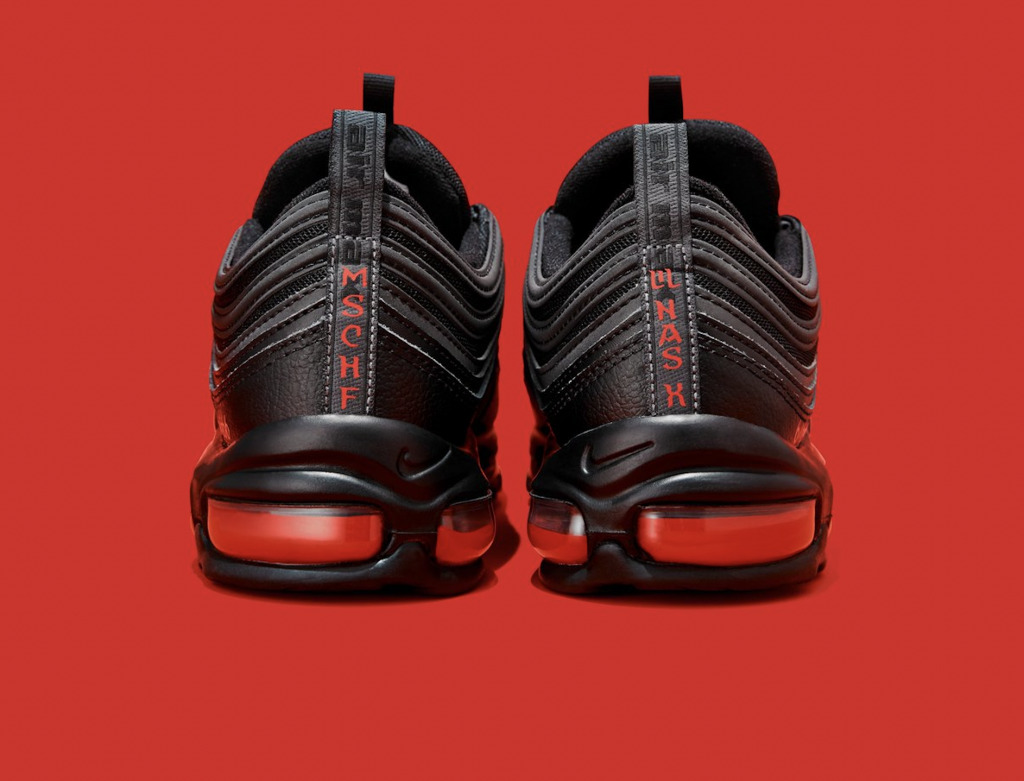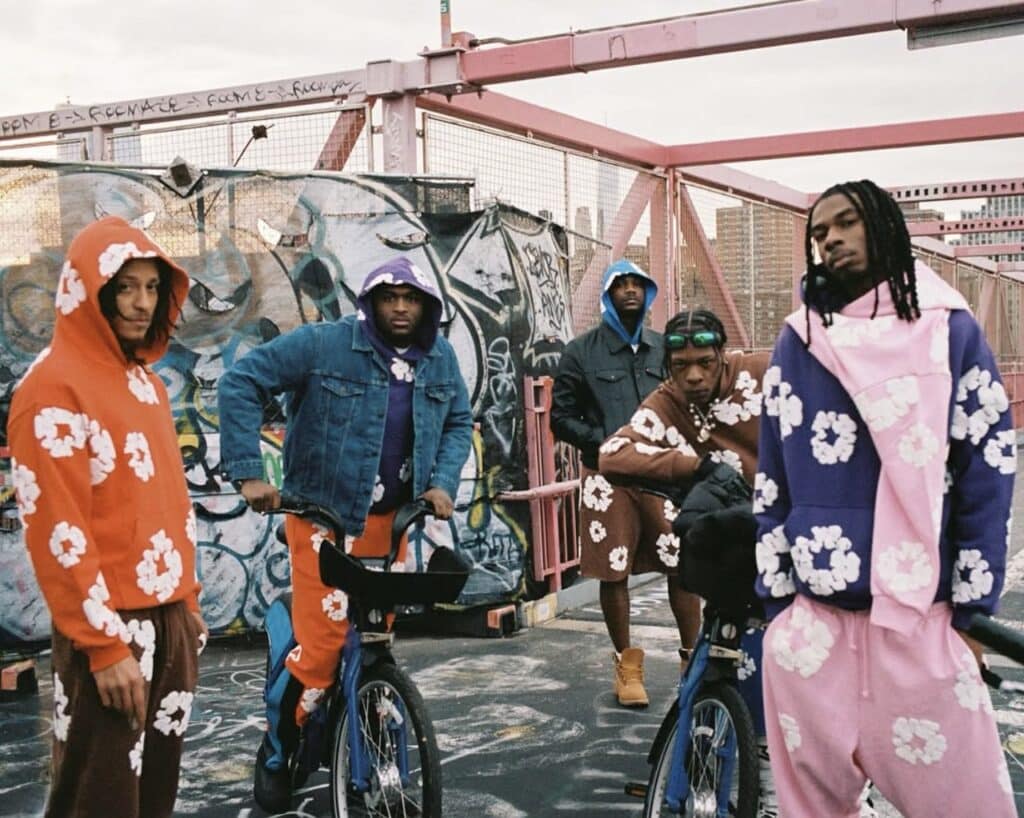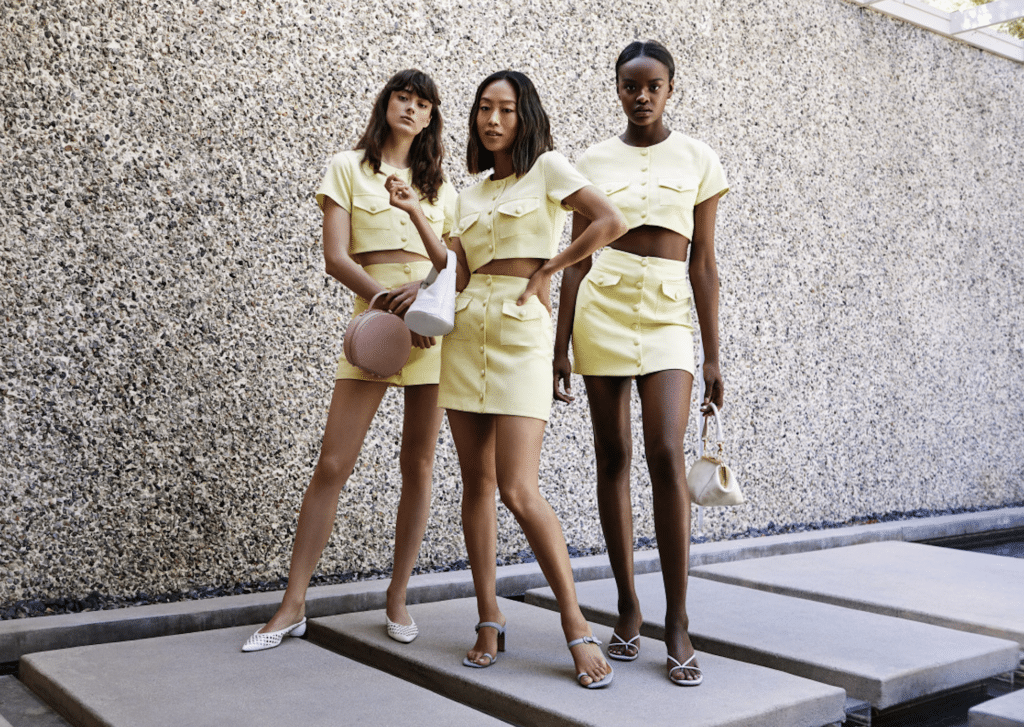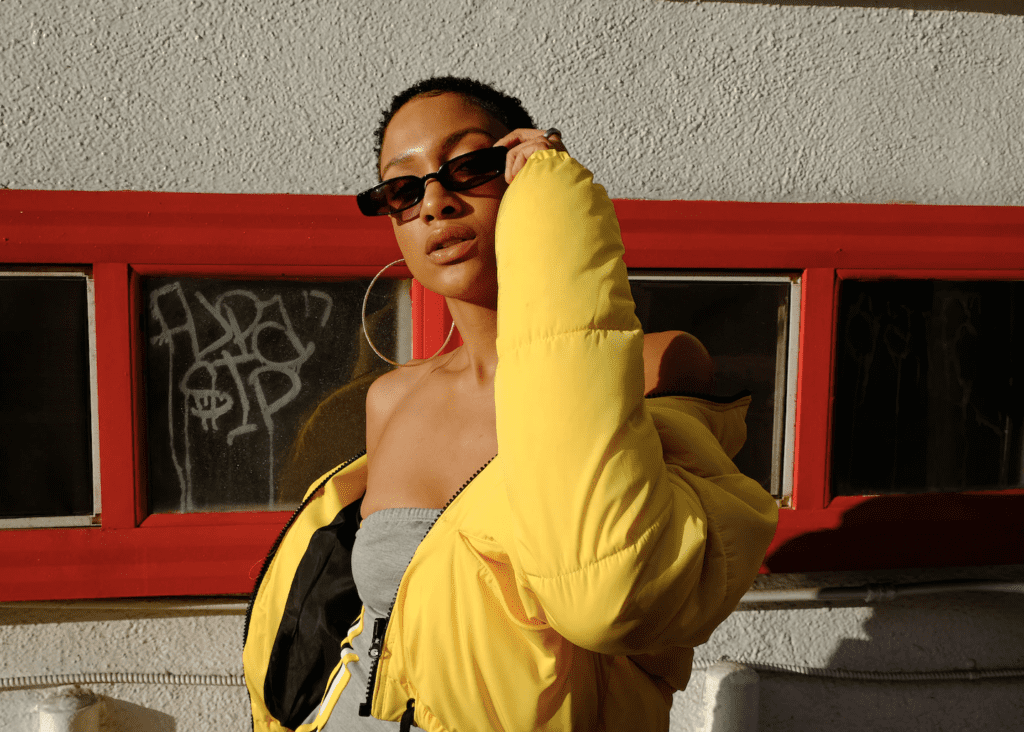Less than two weeks after Nike filed a trademark lawsuit against MSCHF over its allegedly infringing Satan Shoes, the two parties have settled their differences out of court. The settlement comes just days after a New York federal court determined that “Nike has shown a likelihood of success on at least some of its claims,” stating that Nike specifically showed that “MSCHF’s actions are likely to confuse, and likely are confusing, consumers about the origin, sponsorship, or approval of MSCHF’s goods,” and are “likely to dilute and tarnish Nike’s marks,” and as a result, issued a temporary restraining order barring MSCHF from fulfilling any orders for the Satan Shoes and from using the Nike’s name or Swoosh marks on any confusingly similar products or in any advertising.
Nike confirmed the settlement on Thursday, as first reported by Yahoo, and set the record straight in statement, asserting that “MSCHF altered these shoes without Nike’s authorization, [and] Nike had nothing to do with” the controversial Satan Shoes that were modified by MSCHF, which injected the soles with red ink and a single drop of human blood, or the previously-dropped Jesus Shoes. Counsel for MSCHF Debevoise’s David Bernstein similarly spoke to the settlement on Thursday, saying that it is “the best way to allow [MSCHF] to put this lawsuit behind it so that it could dedicate its time to new artistic and expressive projects,” noting that MSCHF “had already achieved its artistic purpose,” which was to “comment on the absurdity of the collaboration culture practiced by some brands.” (MSCHF already has another non-sneaker drop lined up for this month).
While the terms of the settlement will likely be confidential, a representative for Nike told Yahoo’s Reggie Wade that it has “asked MSCHF to initiate a voluntary recall to buy back any Satan Shoes and Jesus Shoes for their original retail prices, in order to remove them from circulation.” According to Nike, “If any purchasers were confused, or if they otherwise want to return their shoes, they may do so for a full refund.” As for any “purchasers who choose not to return their shoes and later encounter a product issue, defect, or health concern should contact MSCHF, not Nike,” a nod to the argument that the sportswear giant made in its complaint that “making changes to the midsole may pose safety risks for consumers.”
Nike first filed suit against MSCHF on March 29, alleging that the 666 pairs of “Satan Shoes” that the Brooklyn, New York-based “art collective” dropped ran afoul of federal trademark law,” and caused widespread consumer backlash in the process, thereby, causing damage to the Nike brand. “Nike has not and does not approve or authorize MSCHF’s customized Satan Shoes,” the Beaverton-based behemoth asserted in its complaint, claiming that while MSCHF may have acquired authentic Nike sneakers, its customization of the sneakers has resulted in shoes that “are not genuine Nike products.” In other words, the MSCHF sneakers may bear Nike’s Swoosh, but MSCHF “has customized them in such a manner that they constitute new, unauthorized products,” thereby, running afoul of federal trademark law by advertising and selling them without Nike’s authorization.
“A genuine Nike Air Max 97 shoe does not contain any of [the] customized features” added by MSCHF, Nike asserted in its complaint, and yet, “despite these drastic alterations,” the $1,018 Satan Shoes “still prominently display the Nike Swoosh logo both at the top of the tongue and along the side of the shoes.”
MSCHF responded to the suit by shopping all but one of the pairs of Satan Shoes, and arguing in an opposition to the Nike’s quest for a temporary restraining order that its modified sneakers are entitled to protection under the First Amendment as satire. Judge Eric Komitee shot down MSCHF’s argument, stating in this April 1 order that while “First Amendment rights of artistic expression are paramount, and [MSCHF] will have a full opportunity to pursue this affirmative defense at the preliminary injunction stage, if it chooses,” based on the record, MSCHF had not (yet) met the relevant burden of proof to warrant such protection.
The swiftly settled case raised a number of interesting and timely issues, including ones that center on the legality of marketing and selling originally-authentic, trademark-bearing goods that have been modified, which has been a theme in a number of recent cases, as “bootleg” products and customized goods continue to find favor among consumers, much to the displeasure of the targeted brands.
At the same time, the Satan Shoes-specific legal spat – which followed from MSCHF’s 2019 release of holy-water infused “Jesus Shoes,” footwear that was met with far less fury from the consuming public than their satanic counterpart – also sheds light on the oft-difficult strategic balance that brands are forced to consider when it comes to enforcing their trademark rights. Deciding how to address infringement and/or dilution – and more specifically, determining which instances merit legal action and which are maybe best left to die down on their own without the added publicity of a lawsuit – is an enduring issue for brands.
As many brands have learned, the well-established duties of a trademark holder to police unauthorized uses of its mark do not always go over well with in the public sphere. A track record of infringement litigation carried out by big-name brands could culminate in a media-driven reputation of being a “bully,” as the likes of Louis Vuitton, adidas, and Levi’s have all learned. Simultaneously, a strongly-worded letter or filing (even if warranted) are hardly limited in their reach to the receiving party or a court of law, and instead, could end up making headlines – or in this case, appear on the front of a run of t-shirts – and thus, perpetuate any alleged harm already at play.
While issues of infringement and/or dilution, and certainly, claims of fair use, are often at least a bit more nuanced than the chatter that populates social media platforms, they play out in the globally-reaching court of public opinion online, nonetheless, forcing PR-conscious brands to not only determine whether the strength of their causes of action warrants legal action (and the resources that litigation demands), but also whether even a successful outcome is worth the potentially problematic optics that could come hand-in-hand with such a suit in the minds of consumers.
The case is Nike, Inc. v. MSCHF Product Studio Inc., 1:21-cv-01679 (EDNY).














